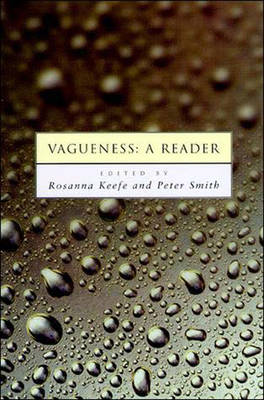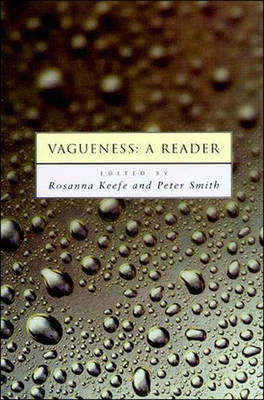
- Afhalen na 1 uur in een winkel met voorraad
- Gratis thuislevering in België vanaf € 30
- Ruim aanbod met 7 miljoen producten
- Afhalen na 1 uur in een winkel met voorraad
- Gratis thuislevering in België vanaf € 30
- Ruim aanbod met 7 miljoen producten
Zoeken
Omschrijving
Vagueness is currently the subject of vigorous debate in the philosophy of logic and language. Vague terms--such as 'tall', 'red', 'bald', and 'tadpole'--have borderline cases (arguably, someone may be neither tall nor not tall); and they lack well-defined extensions (there is no sharp boundary between tall people and the rest). The phenomenon of vagueness poses a fundamental challenge to classical logic and semantics, which assumes that propositions are either true or false and that extensions are determinate. This anthology collects for the first time the most important papers in the field. After a substantial introduction that surveys the field, the essays form four groups, starting with some historically notable pieces. The 1970s saw an explosion of interest in vagueness, and the second group of essays reprints classic papers from this period. The following group of papers represent the best recent work on the logic and semantics of vagueness. The essays in the final group are contributions to the continuing debate about vague objects and vague identity.
Specificaties
Betrokkenen
- Uitgeverij:
Inhoud
- Aantal bladzijden:
- 368
- Taal:
- Engels
- Reeks:
Eigenschappen
- Productcode (EAN):
- 9780262611459
- Verschijningsdatum:
- 22/01/1999
- Uitvoering:
- Paperback
- Formaat:
- Trade paperback (VS)
- Afmetingen:
- 157 mm x 231 mm
- Gewicht:
- 598 g

Alleen bij Standaard Boekhandel
+ 203 punten op je klantenkaart van Standaard Boekhandel
Beoordelingen
We publiceren alleen reviews die voldoen aan de voorwaarden voor reviews. Bekijk onze voorwaarden voor reviews.







